The Ford Boss 429 Mustang stands as a hallmark of American automotive history, renowned for its powerful engine and limited production run. Originally built to compete in NASCAR, this muscle car has evolved into a coveted collector’s item. Here, we delve into the history of the Boss 429 Mustang, its production timeline, and current collector prices.
History of the Boss 429 Mustang

The origins of the Boss 429 Mustang are deeply rooted in Ford’s ambition to dominate the NASCAR scene during the late 1960s. The company needed a competitive engine to meet NASCAR’s homologation requirements, which demanded that a certain number of road cars be equipped with the same engine used in the race cars. Thus, the Boss 429 was born, featuring a 429 cubic inch V8 engine, specifically designed for high performance on the track.
What set the Boss 429 apart from other Mustangs of its era was its distinctive design and engineering. The car featured a larger engine bay to accommodate the massive powerplant, and its suspension system was enhanced to handle the increased power. This model also came equipped with a unique hood scoop and front spoiler, contributing both to its aerodynamic profile and its aggressive aesthetic. The Boss 429’s engineering excellence and distinctive features make it a standout among muscle cars of its time.
Production Timeline

The Boss 429 Mustang first rolled off the assembly line in 1969, marking the start of its brief but impactful production run. In its initial year, only 859 units were produced, making it one of the rarest Mustangs ever built. The production process faced several challenges, including the need for extensive modifications to the Mustang’s chassis to fit the enormous engine. These modifications were carried out by Kar Kraft, a contractor hired by Ford to handle the intricate assembly tasks.
In 1970, the Boss 429 saw a few updates, though its production remained limited, with only 499 units built. This marked the end of its short-lived manufacture, as Ford shifted focus away from the high-performance muscle car market due to changing consumer preferences and increasing emissions regulations. Despite its brief production run, the Boss 429 left a lasting impression, cementing its status as a legendary muscle car.
Rarity and Collectibility

The limited production numbers of the Boss 429 Mustang are a significant factor contributing to its rarity and desirability among collectors. With fewer than 1,400 units produced over two years, finding an original Boss 429 is a rare feat. This scarcity has only increased its allure, driving up market demand and prices over the years.
Today’s collectors are drawn not only by the car’s rarity but also by its storied history and performance legacy. The Boss 429’s connection to NASCAR and its reputation for raw power make it a sought-after piece of automotive history. Nostalgia also plays a role, as enthusiasts and collectors seek to own a piece of the golden era of American muscle cars.
Current Collector Prices

Recent auction trends underscore the high value of the Boss 429 in today’s market. For example, a well-preserved 1969 Boss 429 was auctioned on Bring a Trailer for a substantial sum, highlighting the car’s enduring appeal and investment potential. Prices for these models can range significantly, often exceeding six figures, depending on various factors.
Several elements influence a Boss 429’s price, including its condition, originality, and provenance. Cars with all-original parts and low mileage tend to command the highest prices. Additionally, documented histories and connections to notable events or owners can further boost a car’s value. Collectors are willing to pay a premium for Boss 429s that offer a combination of authenticity and a compelling backstory.
The Boss 429’s Legacy

The impact of the Boss 429 Mustang on muscle car culture cannot be overstated. Its design and engineering set a new standard for performance vehicles, and its influence can be seen in the modern muscle car market. Even today, the Boss 429 is celebrated for its contributions to automotive history, with enthusiasts gathering at car shows and events to admire this iconic model.
In recent years, there have been efforts to pay homage to the Boss 429 through modern recreations and replicas. Companies like Revology have made headlines by building modern versions of classic Mustangs, allowing enthusiasts to experience the thrill of a Boss 429 with contemporary technology and comfort. Despite losing its license from Ford, Revology’s business continues to grow, illustrating the enduring fascination with this legendary model.
Like Fast Lane Only’s content? Be sure to follow us.
Here’s more from us:
*Created with AI assistance and editor review.

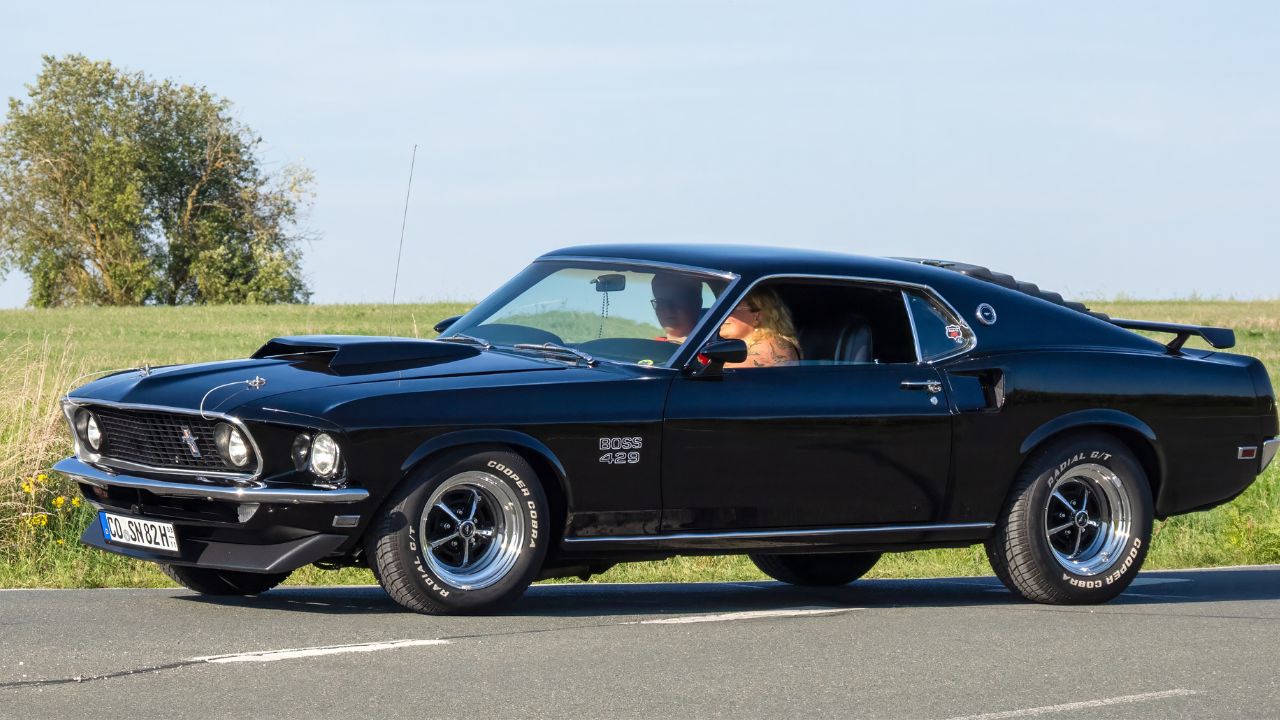
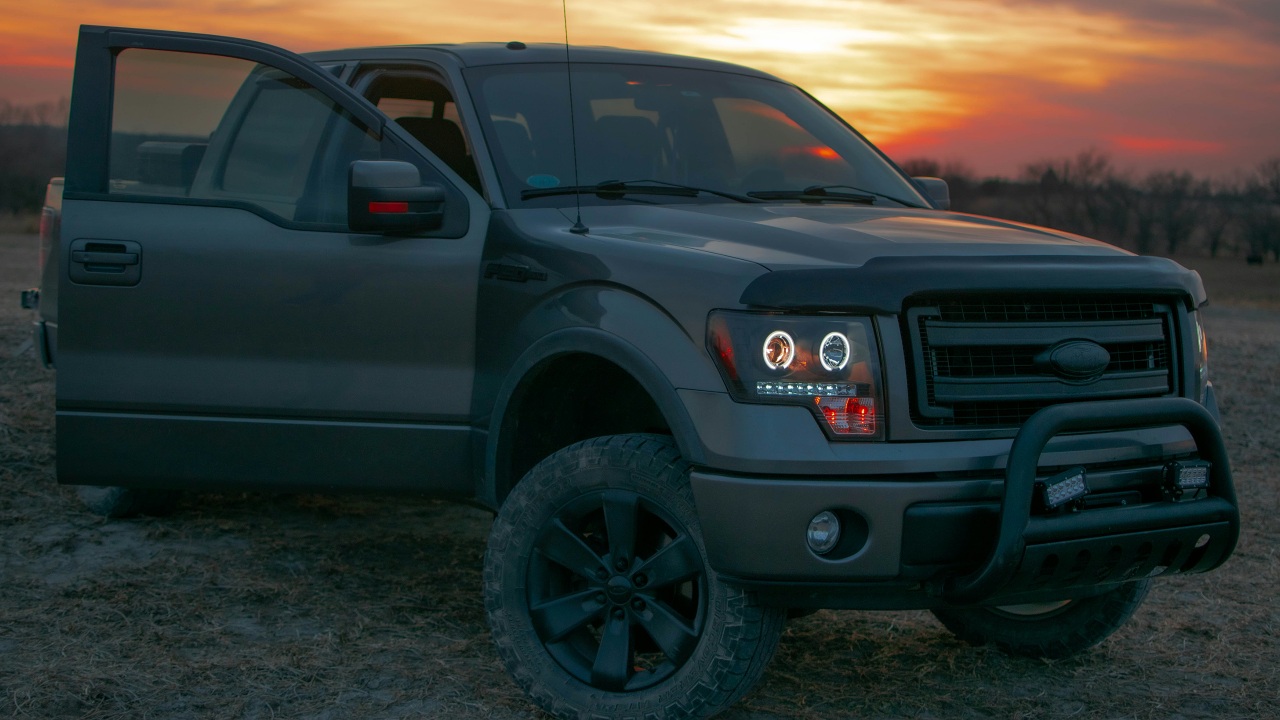
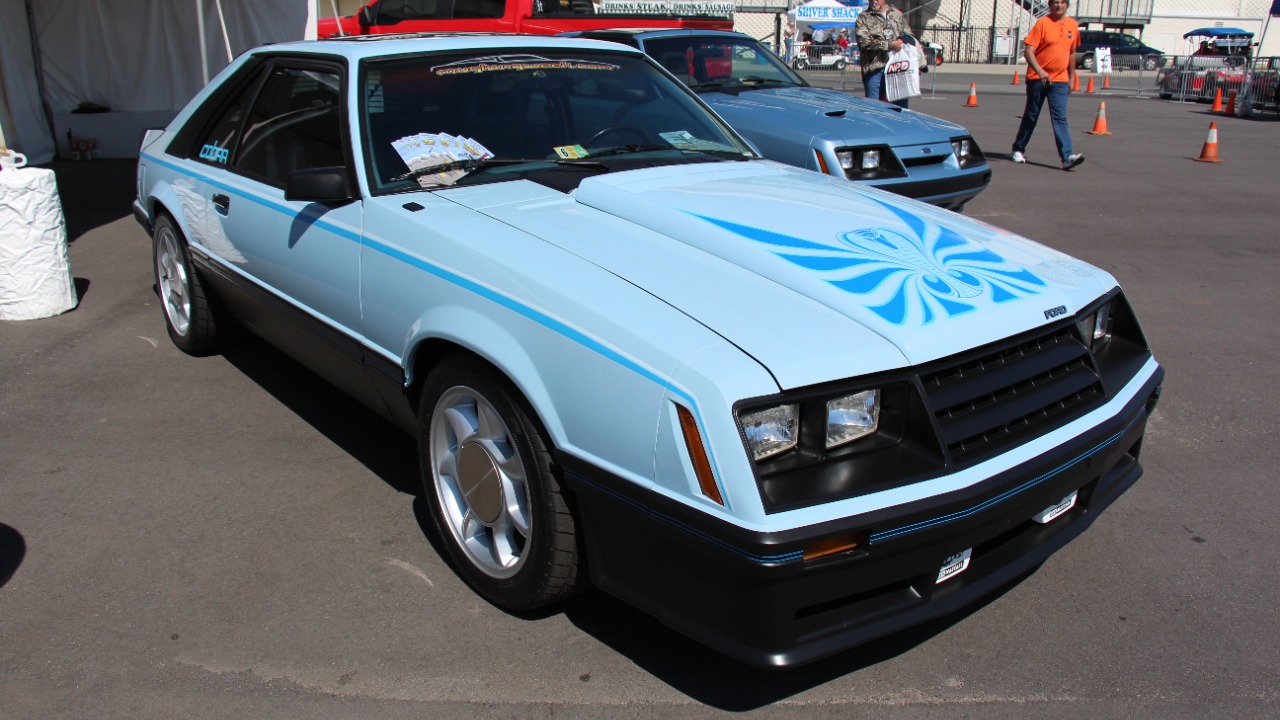
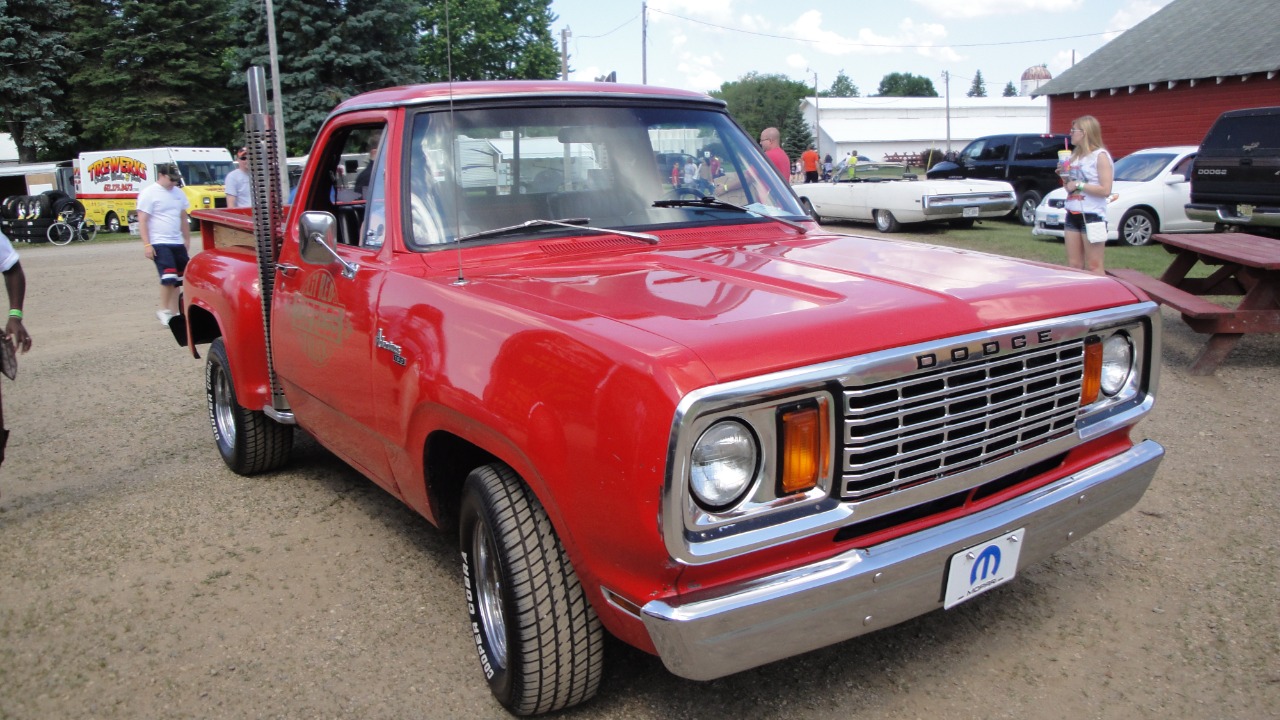

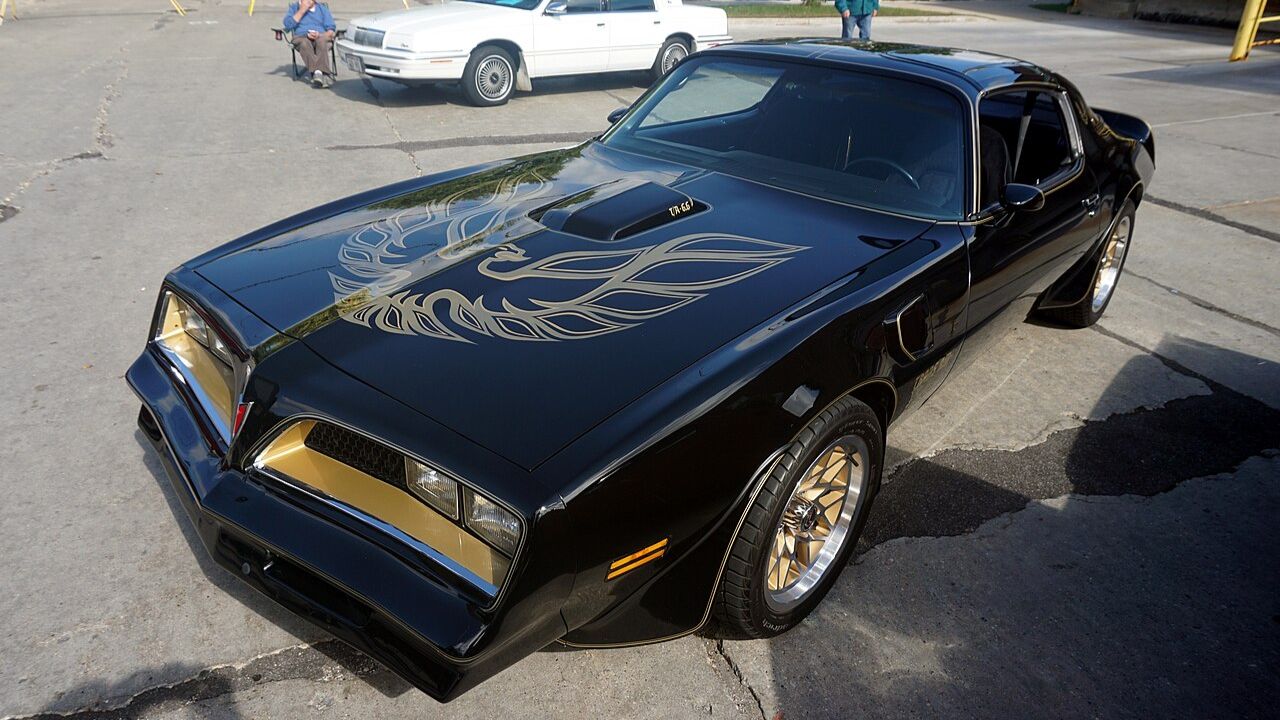
Leave a Reply